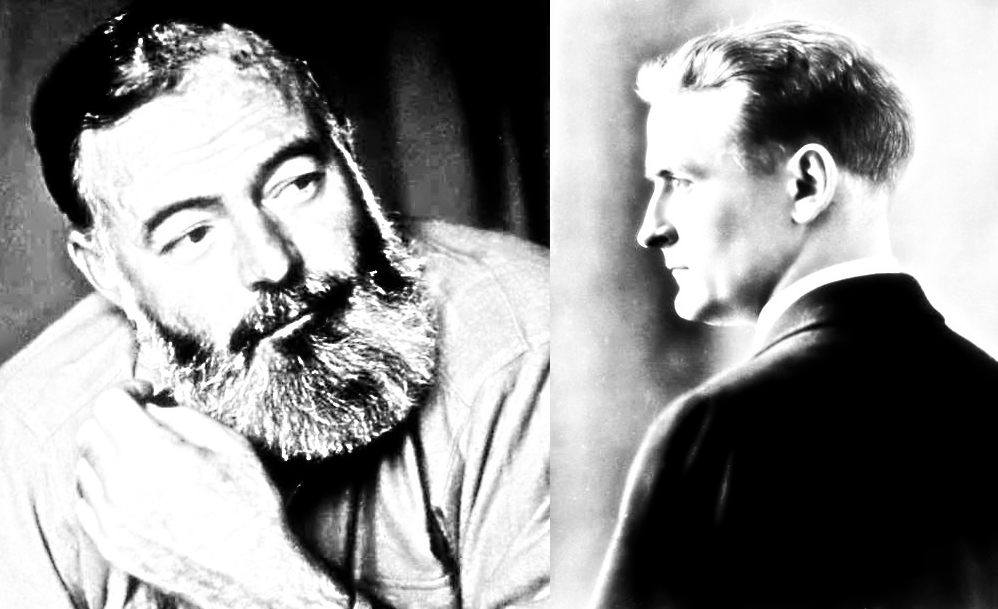It’s September 1st, so that means it is fall. I do not care what the weather guy says, or the calendar, or my wife. It is fall and that is it. So, in the spirit of the spooky season, I thought it only appropriate to talk about “The Lottery”—a uniquely horrific tale by Shirley Jackson, author of The Haunting of Hill House.
Overview
“The Lottery” tells the tale of a village that is preparing for its annual lottery. Readers get a close view of the town’s inhabitants and their rituals as they prepare for the important day. A day, remarkably, that seems to be like any other, except for the inordinate amount of stones that are collected in the village.
The morning of June 27th was clear and sunny, with the fresh warmth of a full-summer day; the flowers were blossoming profusely and the grass was richly green.
(Shirley Jackson | The Lottery)
Our narrator describes the happenings of the town and the routine activities that are taking place—and the ones that have taken place—from the gathering of children in the preordained location where the lottery took place to the losing of a black lockbox that is pivotal to the occasion. The men of the village soon gather and discuss the weather and the crops, and the women join them, too; all of them wait for the event to begin.
Here, we learn more about the Lottery and the individual who manages it:
The lottery was conducted–as were the square dances, the teen club, the Halloween program–by Mr. Summers. who had time and energy to devote to civic activities. He was a round-faced, jovial man and he ran the coal business, and people were sorry for him. because he had no children and his wife was a scold.
(Shirley Jackson | The Lottery)
Soon enough, the prolonged wait is over for the village (the families want to get home before the noon dinner, of course) and the lists for the lottery are drawn. Of course, this was not unusual for those in attendance as the “people had done it so many times that they only half-listened to the directions…”
We soon find out that the unlucky winner is Tessie Hutchinson, who is married to the (unsavory?) Bill Hutchninson, after she arrives late to the party. After calling out the lottery as “unfair,” she is told the arbitrary rules a few more times before the first stones begin to fly—one striking her directly in the head.
“’It isn’t fair, it isn’t right,’ Mrs. Hutchinson screamed, and then they (the villagers) were upon her” (Jackson).
Analysis
Often referred to as a shocking story (which I suppose it was in 1948), “The Lottery” now stands as a totem to the normalcy of violence in communities, at least in my opinion. “The morning of June 27th was clear and sunny,” is an important and tactful intro to a story that reveals hard truths about human nature through its exploration of sober malice. For example, the men gather and talk about “planting and rain, tractors and taxes,” and the women “greeted one another and exchanged bits of gossip as they went to join their husbands” (Jackson).
It is all too normal, and I think that is exactly the point.
For me, Shirley Jackson is remarking on the commonality of brutal, barbaric violence that had found its way into America in 1948; but that certainly stretches to our time as well. The seemingly random accusations of communism and community ostracism that ostensibly plagued America (and still does) would be arriving shortly in the 50s, and with it came the violence of oppression from a random lottery of ignorance and hate.
As Jackson stated in the San Francisco Chronicle in 1948:
“Explaining just what I had hoped the story to say is very difficult. I suppose, I hoped, by setting a particularly brutal ancient rite in the present and in my own village to shock the story’s readers with a graphic dramatization of the pointless violence and general inhumanity in their own lives” (Haven).
Jackson was taking that pervasive violence and making it tangible for the reader because I guess we sometimes forget that crowds of people throw stones literally and metaphorically and still have the power to kill each other…and us.
Works Cited
“‘The Lottery,’ by Shirley Jackson.” The New Yorker, 19 June 1948, newyorker.com/magazine/1948/06/26/the-lottery.
Haven, Cynthia. “Shirley Jackson’s ‘The Lottery’ – It Wasn’t as Easy as She Claimed.” The Book Haven, 24 July 2013, bookhaven.stanford.edu/2013/07/shirley-jacksons-the-lottery-it-wasnt-as-easy-as-she-claimed/.







